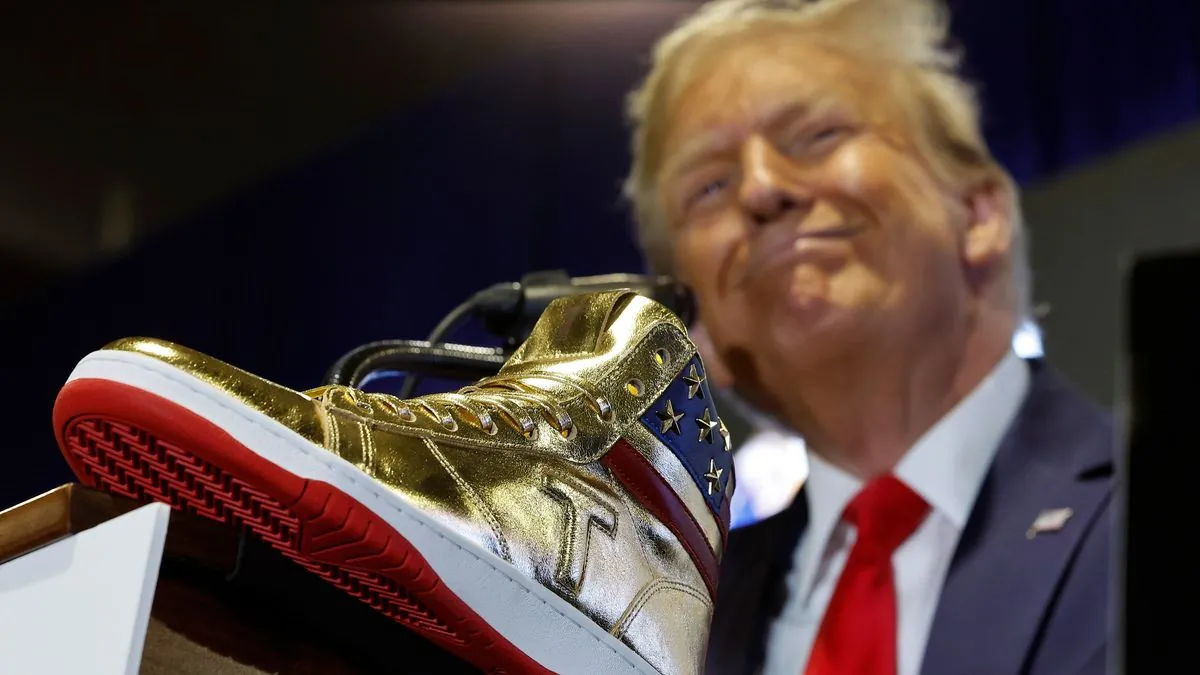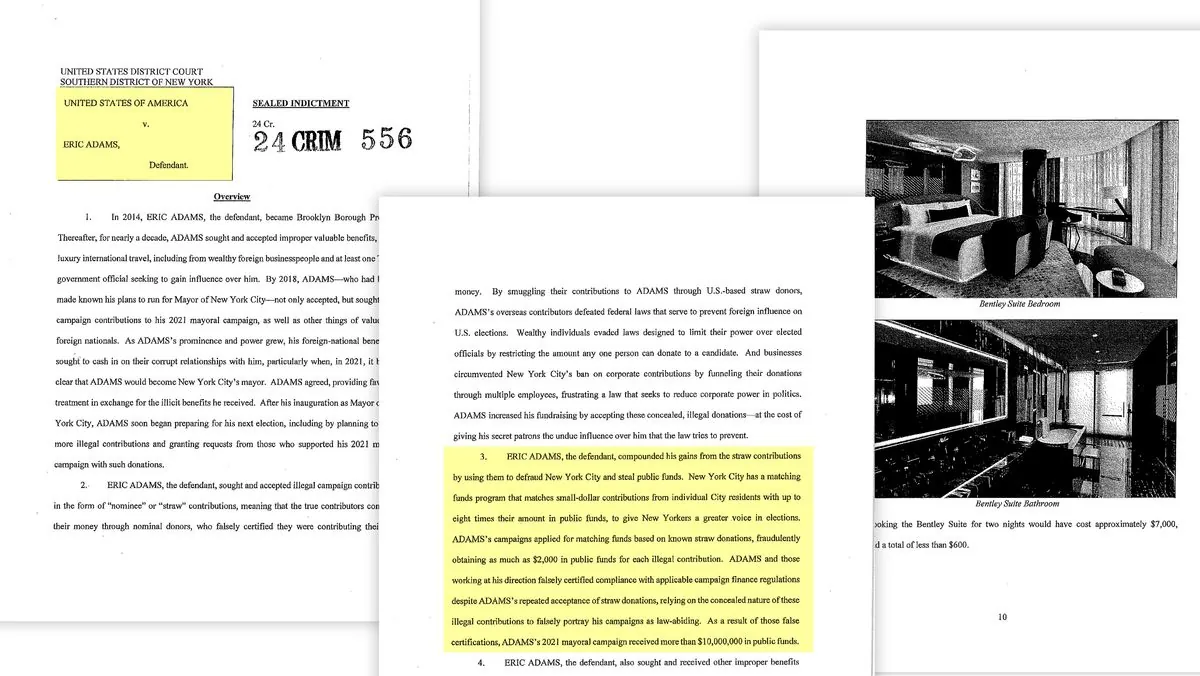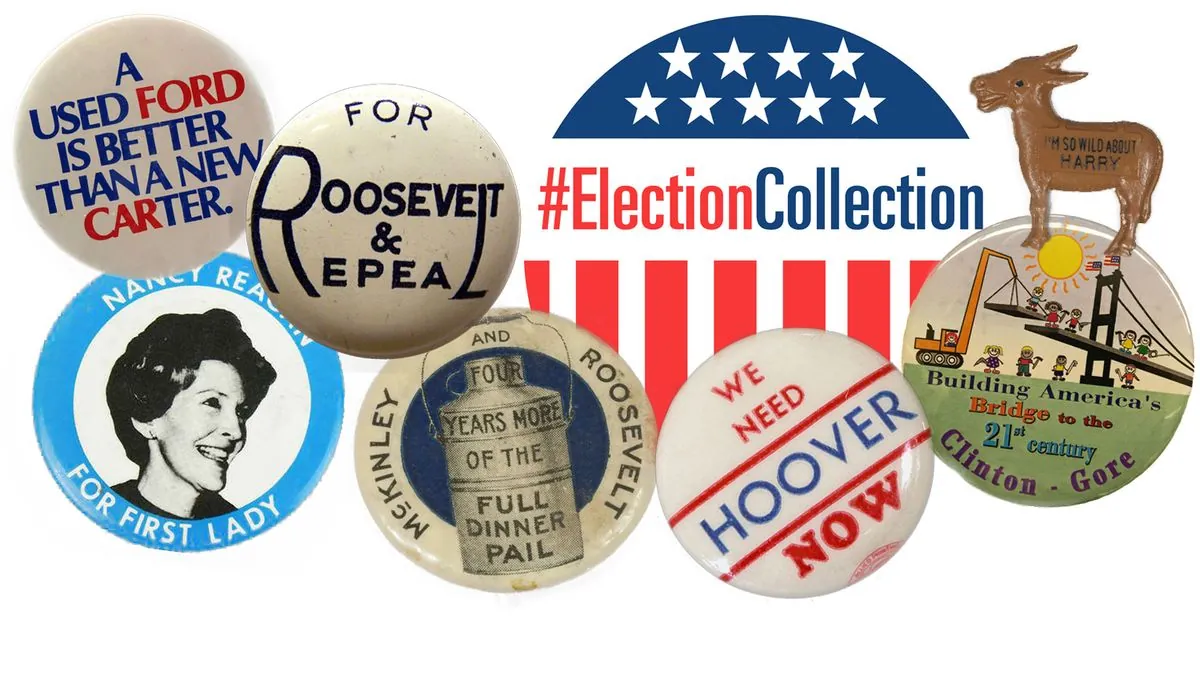Trump's $100K Watch: A New Chapter in Political Fundraising?
As allegations of campaign finance violations hit New York's mayor, Trump launches a high-priced watch collection. The move raises questions about influence-buying and the monetization of political power.

In a striking contrast of political fundraising methods, New York Mayor Eric Adams faces allegations of campaign finance violations while former President Donald Trump unveils a luxury watch collection. This juxtaposition highlights the evolving landscape of political financing and the potential for influence-buying in American politics.
A federal indictment made public recently accuses Adams' campaign of employing straw donors to circumvent contribution limits. This alleged scheme purportedly allowed the campaign to increase its contribution total and, consequently, the amount received from New York City's matching funds program. The indictment further suggests that Adams took specific actions to benefit those who provided him with cash and perks, essentially alleging bribery.

While this news broke, Donald Trump announced the launch of his "Official Trump Watch Collection" on his social media platform. The collection includes a gold-tone watch priced at $100,000, positioning it among the most expensive offerings in Trump's expanding array of branded products.
"The Official Trump Watch Collection is here, and these Watches are truly special. You're going to love them. Would make a great Christmas Gift. Don't wait, they will go fast. GET YOUR TRUMP WATCH RIGHT NOW!"
This high-priced item raises questions about potential avenues for influence-seeking individuals to funnel money directly to Trump. While the sale of such products is legal for a non-office holder, it creates a scenario where wealthy buyers could potentially gain recognition from Trump through their purchases.
The timing of Trump's watch promotion, juxtaposed with the Adams indictment, draws attention to the various ways political figures may profit from their positions. Trump's history of monetizing his name and political influence is well-documented, with reports of foreign governments spending millions at Trump Organization properties during his presidency.
Trump's recent ventures extend beyond watches. His line of non-fungible tokens (NFTs) reportedly earned him over $7 million, demonstrating his supporters' willingness to invest in Trump-branded digital assets. Additionally, a new cryptocurrency-based product allows for potentially untraceable investments, raising concerns about foreign influence.
As the 2024 election approaches, Trump's aggressive product promotion strategy could be interpreted in two ways: either as an attempt to maximize profits before a potential loss of relevance, or as a concerning method of monetizing future political power.
This situation underscores the complex relationship between money and politics in the United States. From the early 19th century practice of selling presidential memorabilia to the modern era of cryptocurrency donations, the methods of political fundraising continue to evolve, challenging regulators and ethical boundaries alike.

As investigations into both Adams and Trump continue, these cases serve as a reminder of the ongoing need for transparency and accountability in political financing. The contrast between traditional campaign finance violations and novel methods of monetizing political influence highlights the ever-changing landscape of money in politics.


































